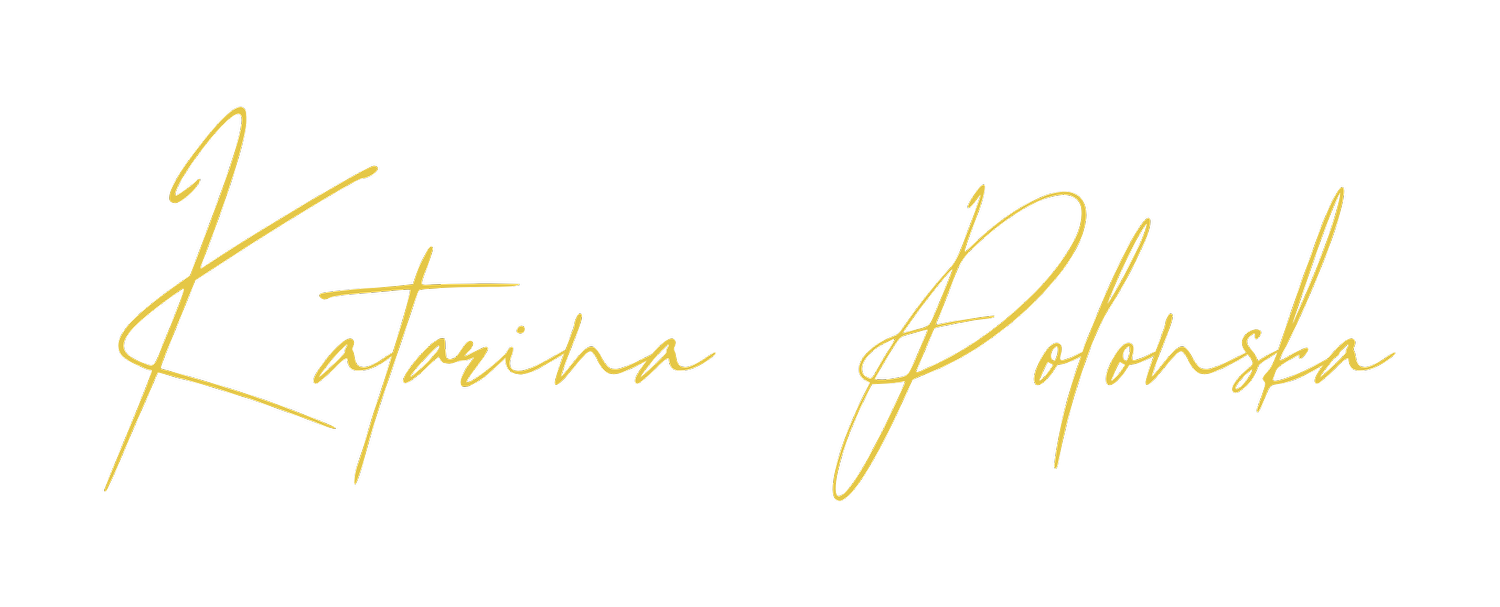Why counseling or therapy are NOT going to save your marriage
The most mainstream and conventional talk therapy and counseling methods are set up to actually keep you and your marriage stuck
If you’re feeling alone, unsupported and disconnected with your marriage, and you want to get more of the intimacy, love, trust and connection that you once had…
…here’s something to consider.
The vast majority of relationship therapy, couples counseling, and marital work taught out there is actually designed (intentionally or not) to keep you coming back, and working (and reworking) on your marriage.
It really all comes from the same phenomenon, which I call the ‘dependency phenomenon’.
This phenomenon assumes that clients are inherently incapable of actually ever truly solving their deep-seated problems (once and for all), and that they need to continuously keep returning to the therapist to ‘process more’ and ‘go deeper’.
An important disclaimer before I dive into this:
I am not saying I am anti therapy, or counseling, or that there are no benefits to these modalities. There absolutely are.
As many of you know, I spent 15+ years in therapy and have sought couples counseling twice.
It is exceptionally useful for building awareness of our problems.
And if you are in therapy or counseling, I commend you for taking important steps to improving your life and regaining your control over your challenges. This is far more important than sitting around doing nothing and complaining.
And, therapy and counseling are so culturally ‘normal’ these days, that they seem like the default option when the going gets tough.
(I used to do tons of the stuff too, for the same reason!)
But the dependency phenomenon has a particularly insidious effect of keeping you stuck, rather than solving the problem. At least, long term.
And it can actually lead to self-development burnout in plenty of people who feel, after dropping tens of thousands on therapy or counseling, that they haven't actually really made any progress.
By this point, the point where frustration starts to kick in and a sense of ‘this isn’t working’, they have invested a significant amount and extensive periods of time have passed.
Jadedness, disillusion, and powerlessness can kick in.
And this is actually the very point where so many folks start to give up, or accept their status quo, or surrender to the very real possibility that they may just have a therapist forever.
Which is unbelievably disempowering, to say the least.
Not only does it create this narrative that ‘you cannot really fix things, you will always be suffering or have something to struggle over’.
But it also perpetuates this idea that you are somehow going to always be dependent on a ‘superior’ party to help you through. To help you process. Make sense of things.
Cognitive Behavioral Therapy is particularly bad about this. Though it seems very helpful on the outside, and absolutely does help many individuals in the short term, the subtext in the modality is that you are wrong. The very techniques it teaches repeatedly reinforce the idea that you are wrong about many things, and need various frameworks, cognitive models, and to ‘challenge’ yourself, over and over again.
And if you accept the underlying premise that you are always wrong, then you will forever revert back to your therapist, or some ‘higher’ and ‘superior’ source of guidance, forever, since they are the only one capable of telling you what is right.
Similarly, with so many other modalities like EMDR, Hakomi, and even at times, somatic therapy, there is this idea that you have to return to the therapist for more help.
There are two main reasons for this:
Therapy as a model is all about ‘doing’ in the session - talking, asking questions, guiding the client - rather than ‘teaching’.
Therapy tends towards utilizing the conscious mind, rather than the subconscious mind.
In 1, this idea leans upon the presupposition that the client (or patient) requires a therapist to administer the ‘therapy’ on them.
The model is based on:
Individual experiences a problem
Individual seeks help from therapist
Therapist helps individual
Individual feels relief
Individual gets back into real world & re-encounters the problem
Individual returns to therapist for more relief
This is harmless for the most part, though can take an insidious tone, as with the subtext of CBT that there is something ‘wrong with you’. It may land well with folks who have core wounds around being broken and defected, but it certainly doesn’t help in the long term.
Similarly, I have seen plenty of instances (and even felt this myself, a few times) where the desire to ‘run’ to the therapist and be ‘rescued’ by them, or they feel like such a ‘refuge’ that you want to see them more, is really quite powerful.
This is obviously not helpful long term since the relationship has a power dynamic.
Similarly, not teaching the client how to help themselves and overcome their problems at the root level, is also unhelpful long term since it leaves them always returning (and yes, this is fuelled by the fact because therapy is a business and requires repeat clients).
This brings me to point 2:
Therapy is not geared at solving the issue at that deeper, more subconscious level.
Our brains are comprised of two parts - the conscious mind and the subconscious mind.
The conscious is approx 3-5% whilst the subconscious is 95-97%
In therapy, you use your conscious mind to make sense of problems. To talk, process, and being awareness.
This is a tiny fraction of what is happening for you. And as the saying goes, ‘you don’t know what you don’t know.’
When you are expected to guide the therapist with what you want to talk about, it can be near impossible to go to the murkier, darker recesses of your subconscious. You may go there accidentally, but you certainly are unlikely to want to stay there. In fact, the human brain is pretty incredible at repressing and hiding things from us. So that keeps you stuck at the superficial, surface level of things.
Beneath this superficial veneer, though, is where all of your deeper issues lie. These are composed of your subconscious blocks, beliefs, core wounds, and other bits of conditioning that you will have accrued since childhood - between the ages of 0-8 in fact.
And this is the stuff you need to be shifting.
Because in my experience, if you shift things on this level, you transform your entire life outcomes - for the better - extremely quickly.
It’s like going into a computer that’s running slowly, and debugging the hardware, rather than trying to close tabs or keep getting rid of annoying pop ups.
It’s much faster. More elegant. More streamlined.
And crucially more longlasting.
Which is precisely what good coaching, at least the coaching I champion, seeks to do. The opposition of points 1 and 2.
Change things for you at the deeper level, fast
And teach you how to do that - so you no longer need me, the coach.
From a business model perspective, yes, it means my investment rates are slightly higher than a therapists (though not always).
But it does mean you can expect to work with me for 3 - 6 months and then say adios amigo.
Because I really don’t want to see clients for years on end. Sure, we may become friends at the end of it, but I do not want anyone dependent on me (definitely not).
I want to solve the problem with you, efficiently.
Which is precisely why I created the Successfully in Love ® method - my fast track way of doing this.
If this resonates for you, definitely drop me a DM to learn more about how I can help you..

